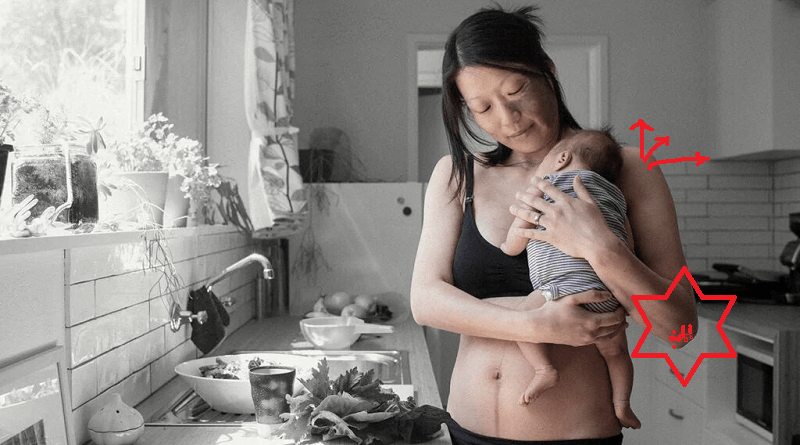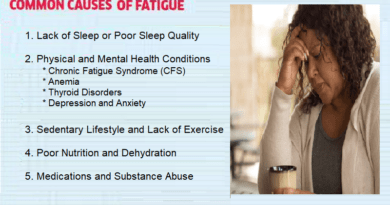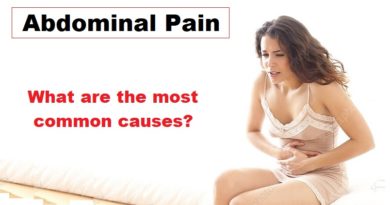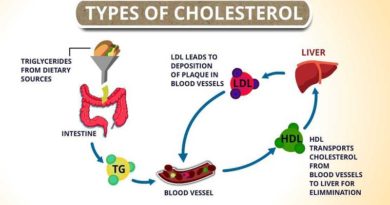Postpartum Arthritis: Embracing Motherhood
Becoming a mother is a miraculous experience, but it can also bring some health challenges such as the familiar postpartum depression, and postpartum arthritis. The latter condition deserves attention and understanding. In this article, we will discuss this condition, exploring its definition, symptoms, causes, and management strategies. So, let’s unravel the mysteries surrounding this lesser-known condition and empower mothers with knowledge and support.
What is Postpartum Arthritis?
A. Definition
Postpartum arthritis is joint inflammation and pain that occurs after childbirth. It is a rare condition that affects women during the postpartum period, typically within the first year after giving birth. Although the exact prevalence is not well-documented, studies suggest that approximately 10% of women experience this type of joint pain to varying degrees.
B. Differentiation from Other Conditions
This condition shares similarities with other types of arthritis, making diagnosis challenging. But, we have to distinguish this arthritis from pregnancy-related joint pain, which is a temporary discomfort caused by hormonal changes during pregnancy. Postpartum arthritis often presents as a continuation or worsening of joint pain experienced during pregnancy, lasting beyond the delivery recovery period.
Signs and Symptoms
This condition manifests differently in each individual, and the severity of symptoms can vary. Common signs and symptoms include:
- Joint Pain:
Affected joints, such as the wrists, fingers, knees, and hips, may experience pain, stiffness, and tenderness. - Swelling and Inflammation:
Joints may appear swollen, warm to the touch, and exhibit signs of inflammation. - Reduced Mobility:
The joint pain and stiffness can limit the range of motion, making it difficult to perform daily activities or care for the newborn. - Fatigue and Malaise:
Postpartum arthritis may be accompanied by fatigue, low energy levels, and a general feeling of unwellness.
Understanding the Causes
The exact cause remains unknown, but several factors contribute to its development:
- Hormonal Changes:
During pregnancy, hormonal fluctuations can affect the immune system and contribute to joint inflammation. - Genetic Predisposition:
Some women may have a genetic predisposition to autoimmune diseases or arthritis, making them more susceptible to postpartum arthritis. - Immune System Dysregulation:
The body’s immune response undergoes changes during pregnancy, and in some cases, it can result in an overactive immune system that mistakenly attacks the joints.
Diagnosis and Treatment
A. Seeking Medical Advice
Diagnosis can be through evaluating your symptoms, and medical history. Further tests may be recommended to make an accurate diagnosis.
B. Treatment Options
- Medications:
Non-steroidal anti-inflammatory drugs (NSAIDs) may be prescribed to alleviate pain and reduce inflammation. In severe cases, disease-modifying antirheumatic drugs (DMARDs) or corticosteroids might be necessary. - Physical Therapy:
Targeted exercises and physical therapy can help improve joint mobility, strengthen muscles, and reduce pain. - Supportive Measures:
Applying hot or cold compresses, using assistive devices, and making modifications to daily activities can ease joint discomfort. - Emotional Support:
Managing postpartum arthritis can be emotionally challenging. Seek support from loved ones, join support groups, or consider counseling to cope with the emotional aspects of the condition.
Lifestyle Modifications and Self-Care
Living with postpartum arthritis requires making certain lifestyle adjustments:
- Rest and Self-Care:
Prioritize rest to manage fatigue and ensure your body has ample time to recover. Incorporate self-care practices such as relaxation techniques, gentle exercises, and adequate sleep. - Healthy Diet:
Focus on a balanced diet rich in fruits, vegetables, lean proteins, and omega-3 fatty acids. These nutrients can help reduce inflammation and support overall joint health. - Gentle Exercise:
Engage in low-impact exercises like swimming, yoga, or walking to maintain joint mobility and strengthen muscles without exacerbating pain.
SUMMARY
Postpartum arthritis is a rare condition that brings joint pain and inflammation after childbirth. It may be a lesser-known condition, but its impact on new mothers should not be underestimated. By shedding light on this condition, we hope to empower mothers with the knowledge they need to recognize and seek help for This condition. Remember, early diagnosis, proper treatment, and a support network are essential in managing this condition and embracing the joys of motherhood to the fullest.
If you have questions you can drop them below in the comment section. You can contact us here: Google page – Helalmedical, or Facebook page. We offer quick and convenient testing options.




